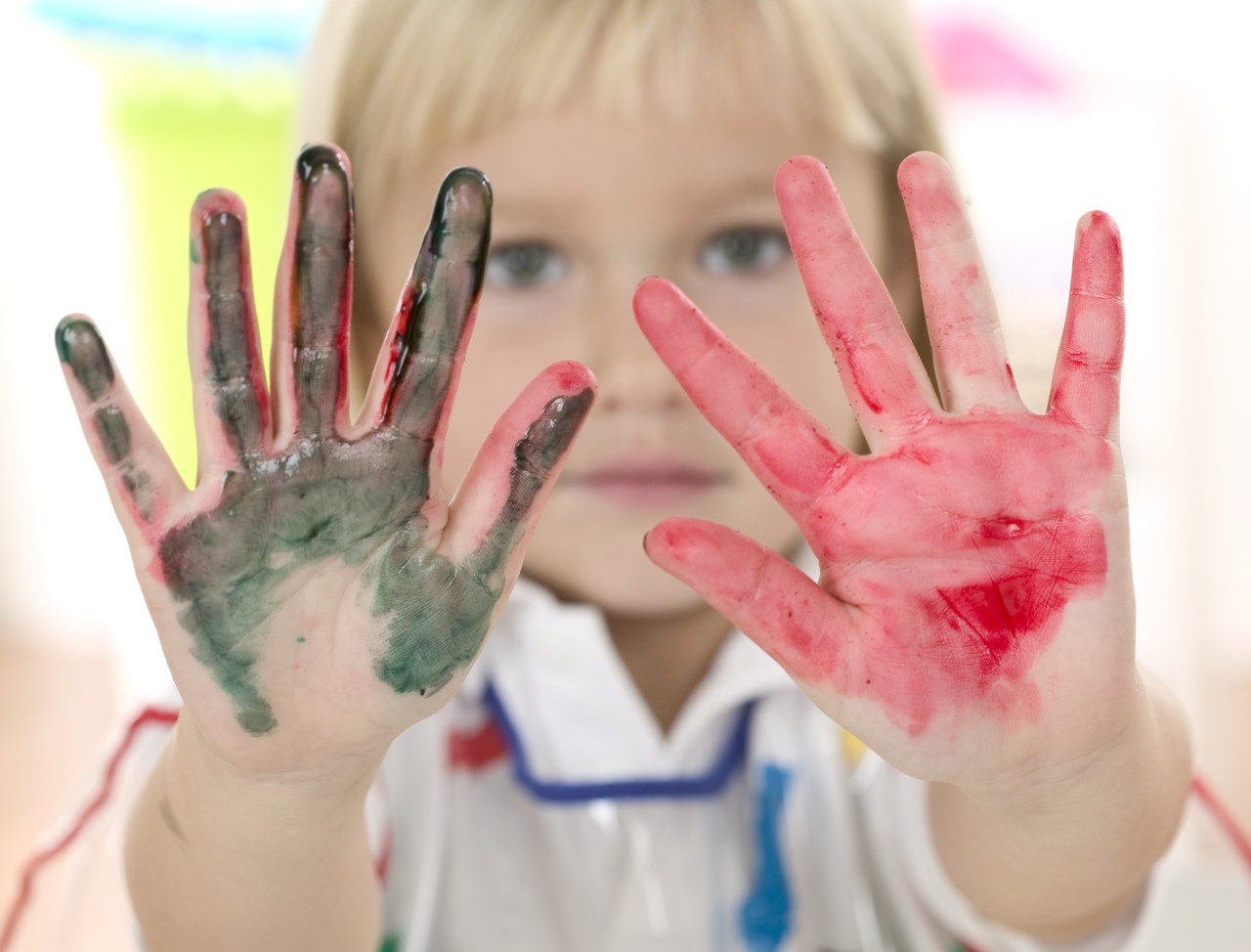Since starting my new position, I have not kept up with my writing, as I had hoped I would. If all works out, I will be sharing some good new books with you soon. What I have been able to do is gain an even greater respect for all of you who are in the classroom day after day dealing with the challenging behaviors of the children in your class. What a great learning experience this has been. While I spend some days observing, I spend other days working with teachers and children.
So what have the best teachers taught me?
Have realistic expectations. Think about the child’s previous environment and his current home environment. My grandson, who is days from being 2, spent much of the holiday with me. His daily routine is so different from the routines in our classrooms. He has one on one attention almost all day long. He is almost constantly engaged with an adult or his brother. Someone always responds to his words, always cheers his successes and helps him when things don’t work out quite right. He takes as long as he wants to eat and if he is hungry an hour later, he gets more food. He goes from toy to toy and we accept that as being ok. We expect him to get a little grouchy when he is tired and plan accordingly. And yes, he is only two, but some of the children in our classrooms are only three and their needs are not that different.
Have positive expectations. Don’t underestimate the children and don’t expect the worst from them. Give children many chances to show what they can do. Find ways to help them be successful. Remember success breeds success.
Engage the children. Don’t worry about all the things you think you need to teach. It will not matter if the children in your class don’t know the days of the week It is much better that they are all engaged in the activity or the story. When children are engaged they are learning about more than just the topic. They are learning how to function appropriately in a group. When they are not engaged they are learning about getting attention from the teacher for their “misbehavior.” They are learning to associate a negative feeling with school and group times. Again, successful, correct behaviors will build more positive behaviors.
Pick your priorities and along with that say what you mean and mean what you say. Figure out what is important to you and then if you say it, follow through, otherwise your words becoming meaningless. Take time to see that the child does as you ask.
So give yourself a pat on the back, the job you have is far from easy. You need to be constantly aware, constantly thinking ahead, and always positive. You are remarkable individuals whose work is so very important.



No comments:
Post a Comment